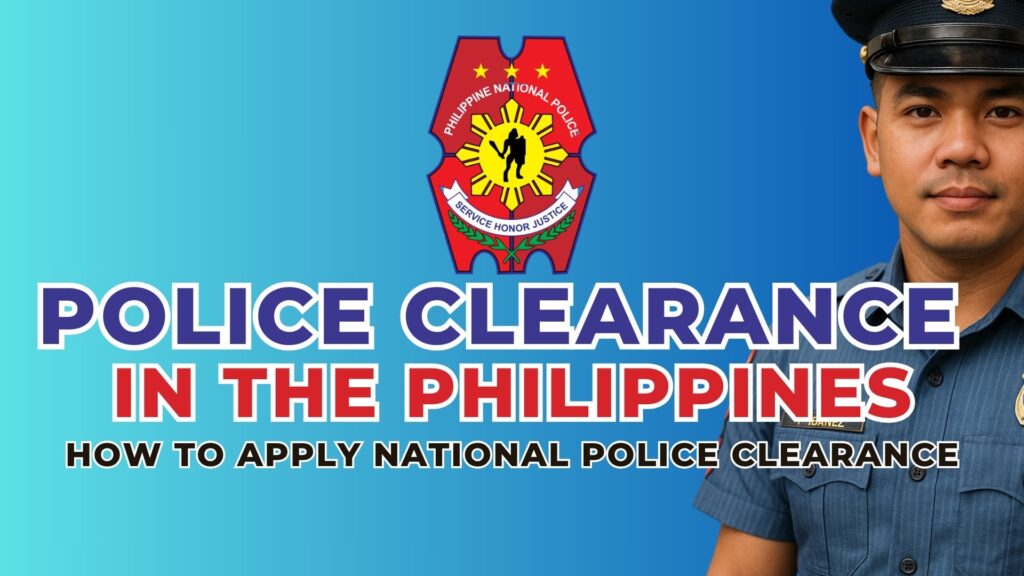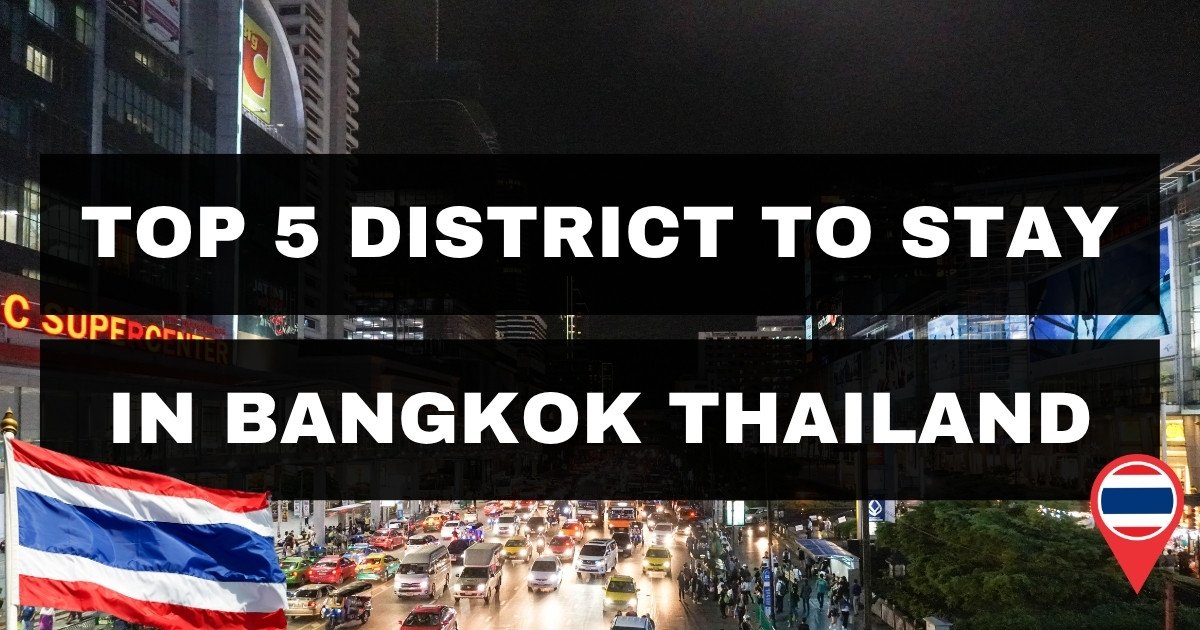
National Police Clearance in the Philippines 2025
What is a Police Clearance?
Police clearance in the Philippines is an official document issued by the Philippine National Police (PNP) that certifies a person has no criminal record within a specific jurisdiction. It is often required for local employment, business transactions, travel, or government applications. This document plays an important role in maintaining police and law enforcement standards by helping verify an individual’s background. Securing a clearance ensures public trust and contributes to a safer community by screening individuals for any past criminal involvement.
Requirements for Police Clearance
Before applying, prepare the following:
- Payment receipt (GCash, PayMaya, or Bayad Center)
- Reference Number from online application (if applicable)
- 1 valid government-issued ID (e.g., UMID, Passport, Driver’s License)
🔎 Tip: Make sure your ID is not expired and bears your signature and photo.
How to Apply for Police Clearance (Step-by-Step)
Step 1: Register on the PNP Clearance Portal
Go to https://pnpclearance.ph
- Click Register
- Fill in personal details
- Confirm via email
Step 2: Set an Appointment
- Log in to your account
- Choose your preferred Police Station
- Select your appointment date and time
Step 3: Pay the Police Clearance Fee
- PHP 150.00 + system fee
- Pay via:
- GCash
- PayMaya
- 7-Eleven
- Bayad Center
Step 4: Go to Your Scheduled Appointment
Bring:
- Valid ID
- Reference number
- Payment proof (if needed)
At the police station:
- Biometric capture
- Photo and fingerprint scanning
Step 5: Claim Your Clearance
If there’s no “HIT” (match with any criminal record), your police clearance will be printed and released within the same day.
⚠️ If there is a “HIT,” clearance may take 5-7 working days for verification.
Related Guides You May Like:
Final Tips for a Smooth Process
To avoid delays and rejection:
- ✅ Set an online appointment via pnpclearance.ph — walk-ins are usually not accepted.
- ✅ Bring at least two valid government-issued IDs — make sure they’re not expired.
- ✅ Double-check your info during online registration to avoid discrepancies.
- ✅ Arrive early at your chosen police station, especially in busy cities.
- ✅ Keep a digital and printed copy of your clearance for future use.
If your name gets a “hit” in the system, don’t panic. It simply means further verification is needed, and you’ll be notified once it’s cleared.
With preparation and accurate documents, getting your police clearance can be quick and hassle-free.
FAQs About Police Clearance
Can I walk in for a police clearance?
No. As of 2025, walk-ins are generally not allowed. You must schedule an appointment online via the PNP Clearance System. Most police stations now require a reference number for entry.
What are the Police Clearance Requirements?
- Two valid government-issued IDs (e.g., UMID, Passport, Driver’s License)
- Reference number from the PNP Clearance Portal
- Payment receipt if paid online (e.g., via GCash, Maya)
Note: Make sure IDs are not expired and that your personal info matches across all documents.
How much is the Police Clearance?
The standard police clearance fee is ₱150 plus a ₱10 online transaction fee. Total: ₱160. Some LGUs may charge an extra ₱20–₱50 certification fee depending on location.
How long does it take to get a Police Clearance?
- No hit: You’ll receive your clearance the same day (usually within 1 hour after biometrics).
- With hit: Processing may take 7–10 working days pending identity verification.
What is the difference between NBI Clearance and Police Clearance?
| Feature | Police Clearance | NBI Clearance |
|---|---|---|
| Scope | Local (city/municipality level) | National (Philippines-wide) |
| Issuing Agency | PNP | NBI |
| Validity | Usually 6 months | 6–12 months |
| Purpose | LGU job applications, permits | Travel, passports, immigration, employment abroad |
Tip: Use NBI Clearance for national or international legal and employment requirements.
Is barangay clearance required?
No. As of 2025, Barangay Clearance is no longer a default requirement for police clearance applications. However, some local police stations may still request it—especially for first-time applicants. Always check your local station’s policy.



